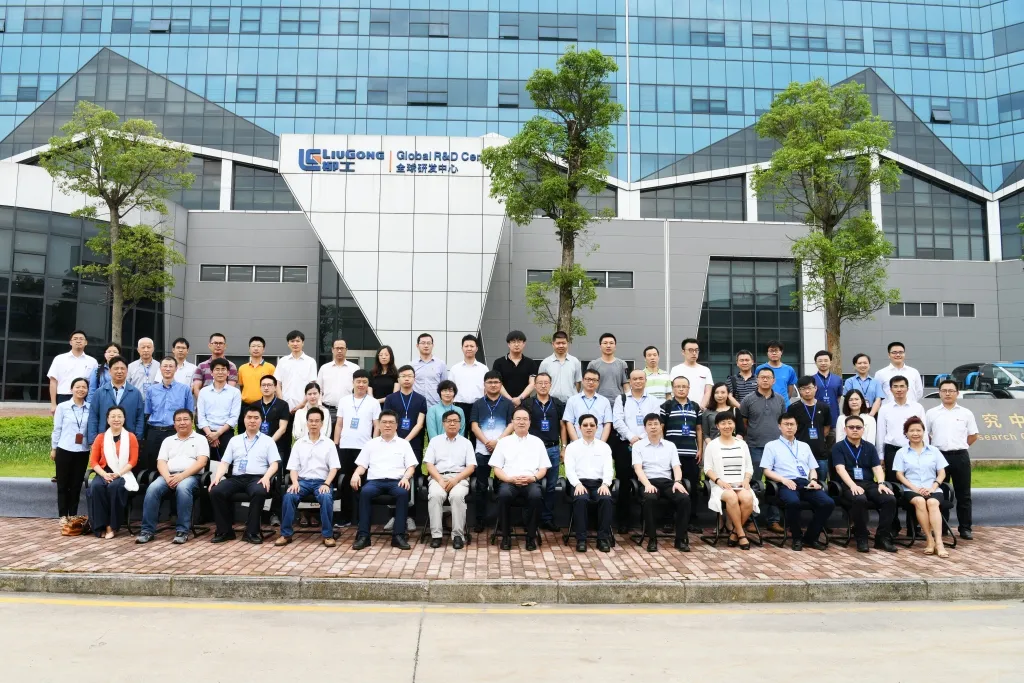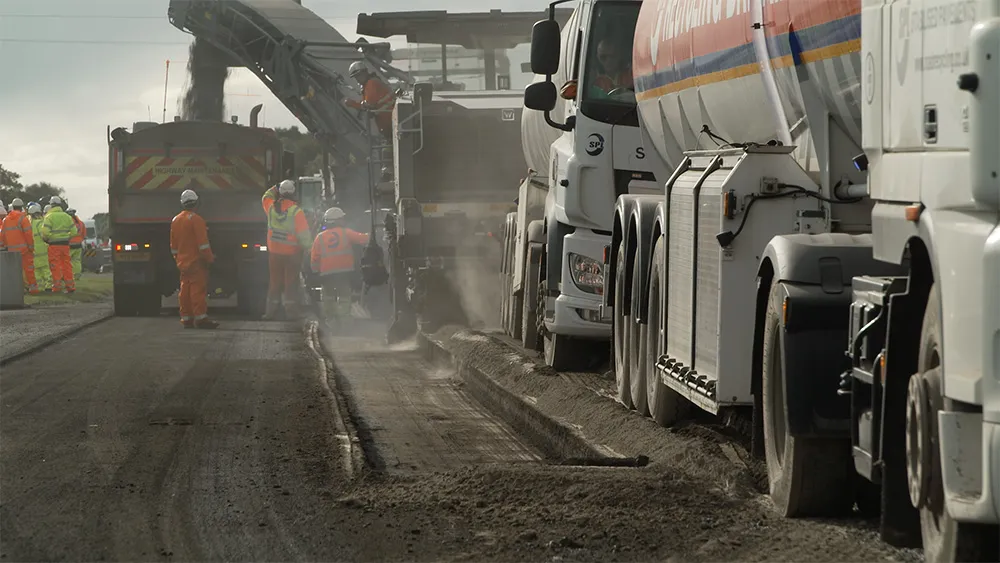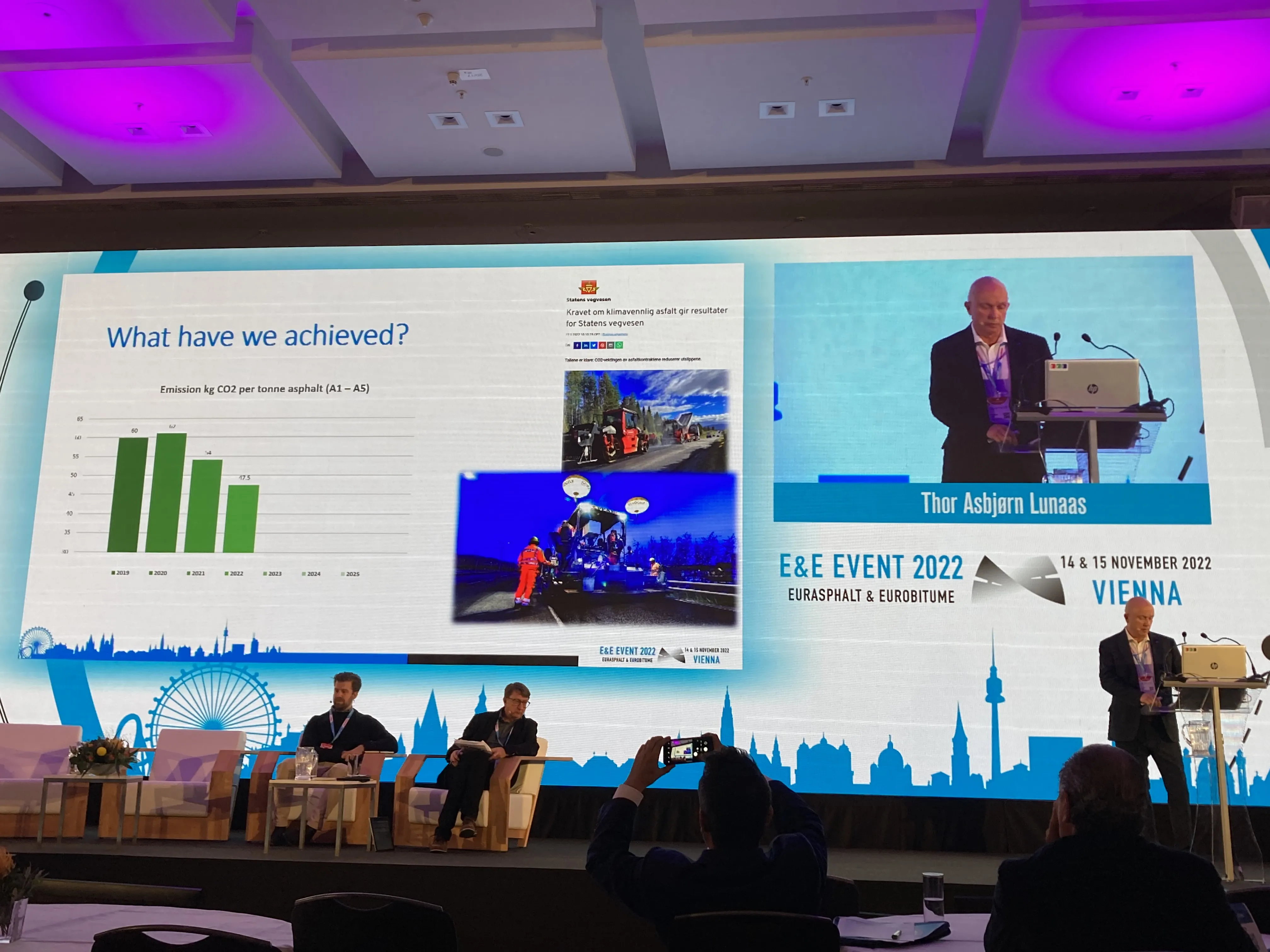
Graphene has the best electric and thermal conductivity with the thinnest thickness and maximum intensity. LiuGong believes that the lubricant industry shows great market potential. At present, the annual output of lubricants in China is more than 5 million tonnes with more than a 200-billion-RMB market volume, which could be doubled by 2022.
LiuGong says it has achieved breakthroughs in the development of grapheme-modified lubricants, in the practice of dispersion stability of graphene and graphene lubricants formulation. The firm says it has also established a standard and evaluation system for the determination of graphene additives. The specific lubricants modified by graphene materials have shown significant improvements in the resistance and friction reduction against extreme pressure. This is said to provide a breakthrough for the solutions to solve the long-term recessive problems such as the wear and noise of key components under tough conditions.
LiuGong intends to complete three kinds of graphene-modified lubricants in two years and achieve the application in LiuGong’s CE products in five years. The intentions also include the launch of correlative products and parts, and subsequently to influence the relative industries such as automobile and steel. Relying on the new products and technology developed from the graphene, the industrial output value of LiuGong Lubricants Company will likely to be increased by 20%.








